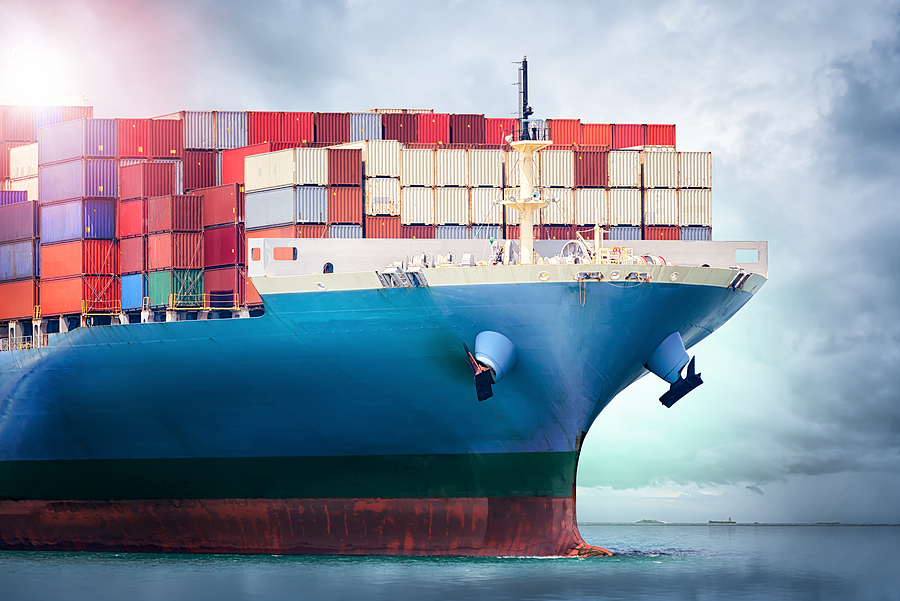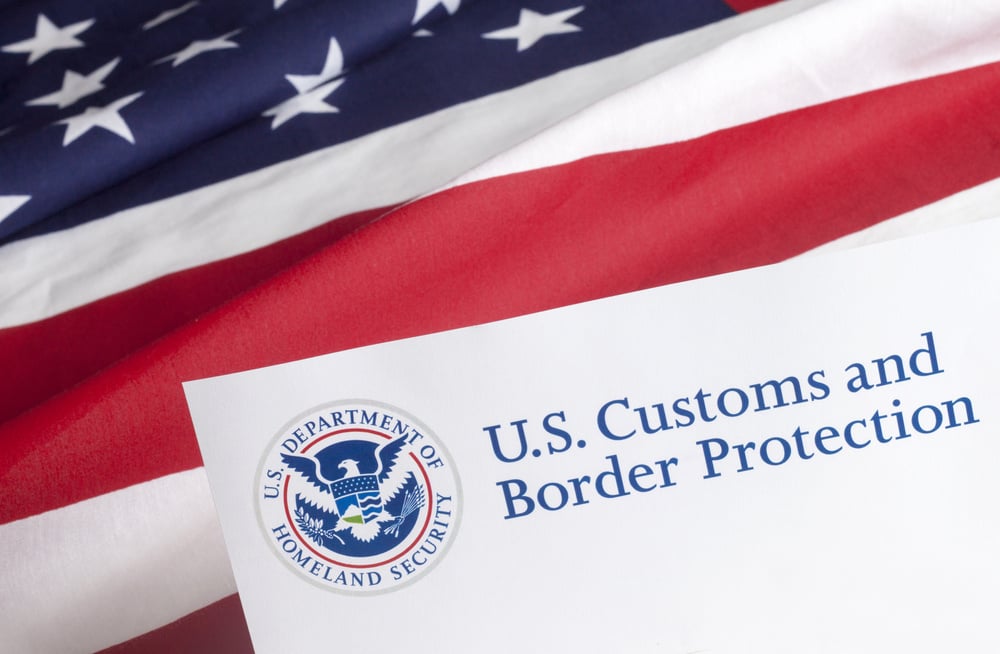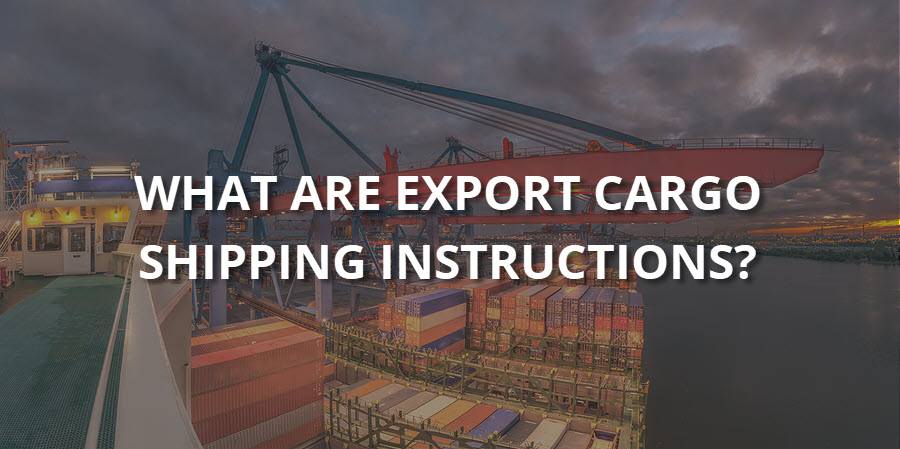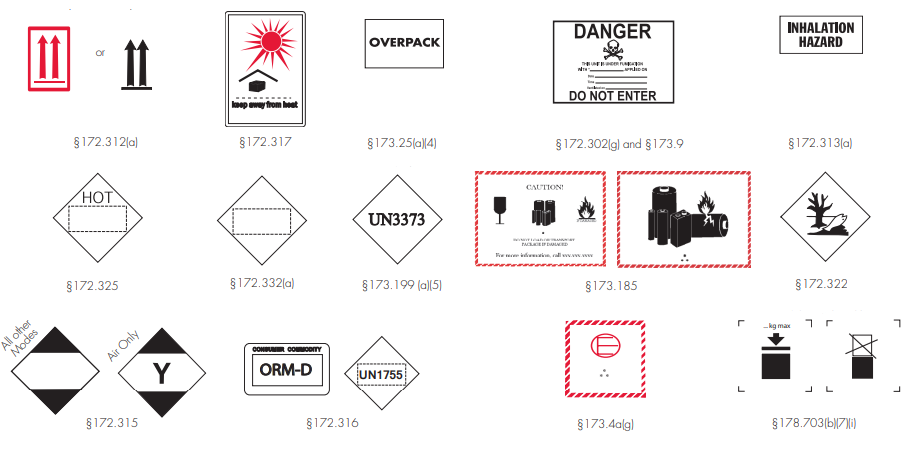Are you moving overseas, or planning an extended visit? Would you like to bring your car? International car shipping (or pickup truck, motorcycle, powerboat or any other motorized vehicle) isn’t complicated, and it doesn’t have to be expensive, as long as you know what you’re doing.












